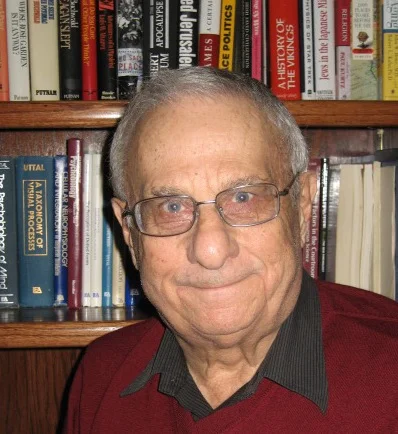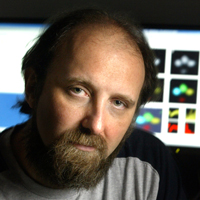"The Autistic Brain" by Temple Grandin (BSP 98)
/The Autistic Brain: Thinking Across the Spectrum by Temple Grandin (with Richard Panek), is a tremendous gift, not just to patients and their families, but also to teachers, mentors, friends, and everyone who is interested in understanding how our brains make us who we are.
I think that this is a book everyone should read because as we come to appreciate the fact that the strengths and challenges of autism occur across a broad spectrum, we may also realize that some of these issues actually affect people who aren't considered autistic. It is not the label that matters. What does matter is recognizing that each of us has his or her own strengths and weaknesses, but thanks to brain plasticity, we all have the potential to nurture our strengths and, when necessary, accommodate our weaknesses.
How to get this episode:
Premium Subscribers now have unlimited access to all old episodes and transcripts.
New episodes of the Brain Science Podcast are always FREE. All episodes posted after January 1, 2013, are free. See the individual show notes for links the audio files.
References and Related Episodes:
The Autistic Brain: Thinking Across the Spectrum by Temple Grandin, with Richard Panek; Also available from Audible.com.
Paul Offit, MD reviews the evidence that autism is NOT caused by vaccines
Please see the episode transcript for additional links and references.
Announcements:
I am still trying to schedule an interview with Dr. Temple Grandin, but there is a possibility that the next episode of the Brain Science Podcast will not come out until August 2013.
The Deadline for listener submissions to Episode 100 is August 1, 2013.
Several products are not available directly on this website including the PDF version of Are You Sure? The Unconscious Origins of Certainty by Ginger Campbell, MD and a zip file contain BSP 1-10. Click here to learn more.
Be sure to sign up for the Brain Science Podcast Newsletter so that you can receive show notes automatically and NEVER miss a new episode. (But there was a glitch last month, so if you did not get the show notes for BSP 97, please click here.































